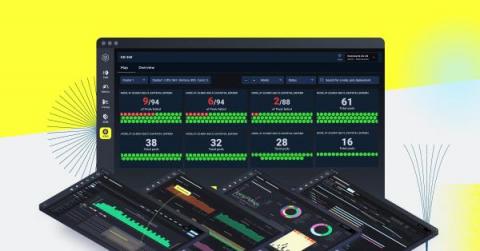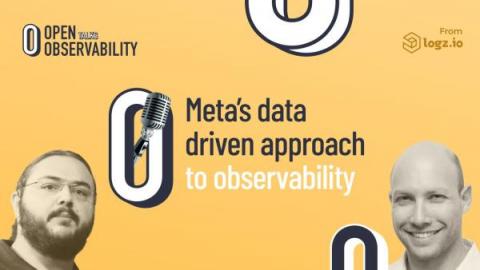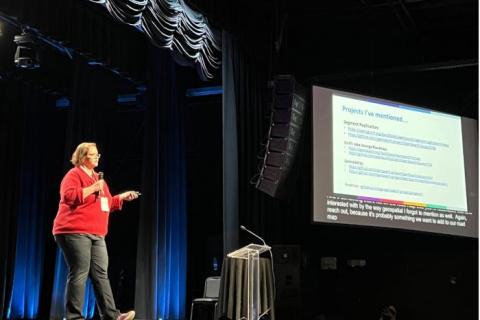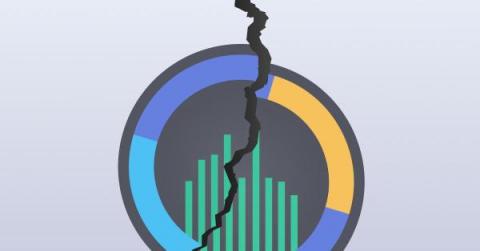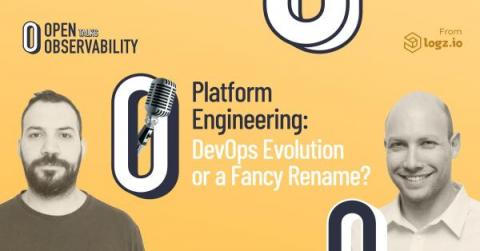Logz.io's New Features: Easier, Faster, and More Cost-Efficient Observability
Our product strategy this year was relatively simple. Many observability practitioners we spoke with complained that observability was oftentimes slow, heavy, complex, and costly – which can be summed up in our CEO’s recent blog on modern observability challenges. While our customers didn’t report similar challenges, we wanted to further distance ourselves from this typical observability experience.



